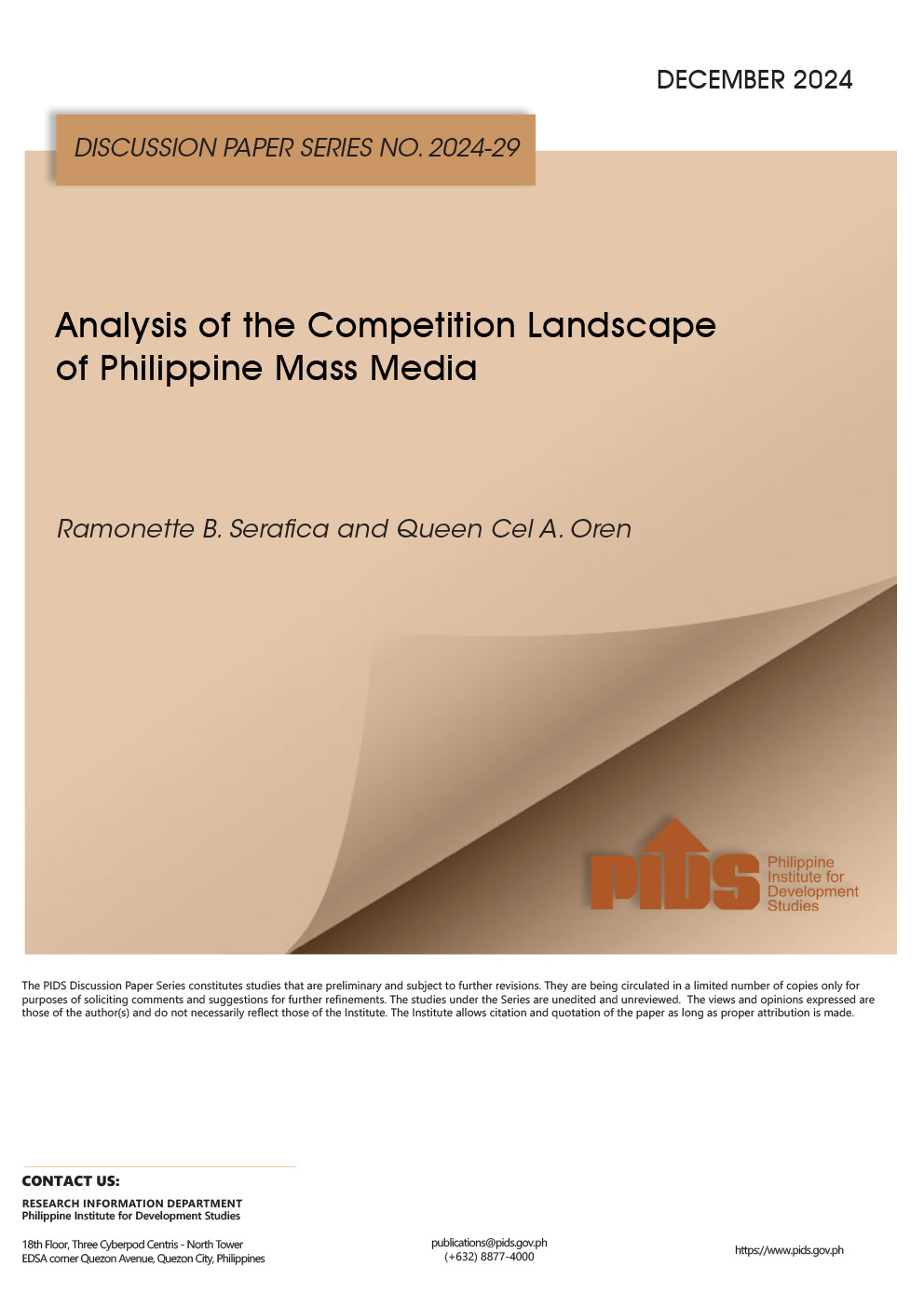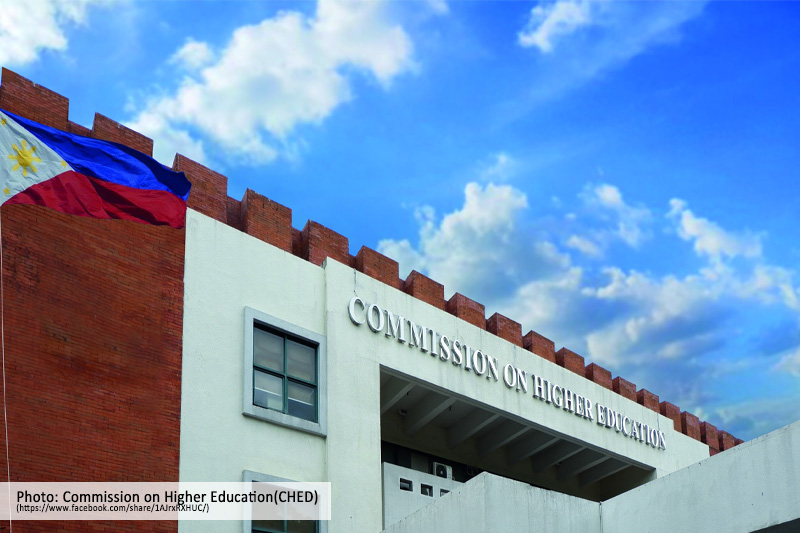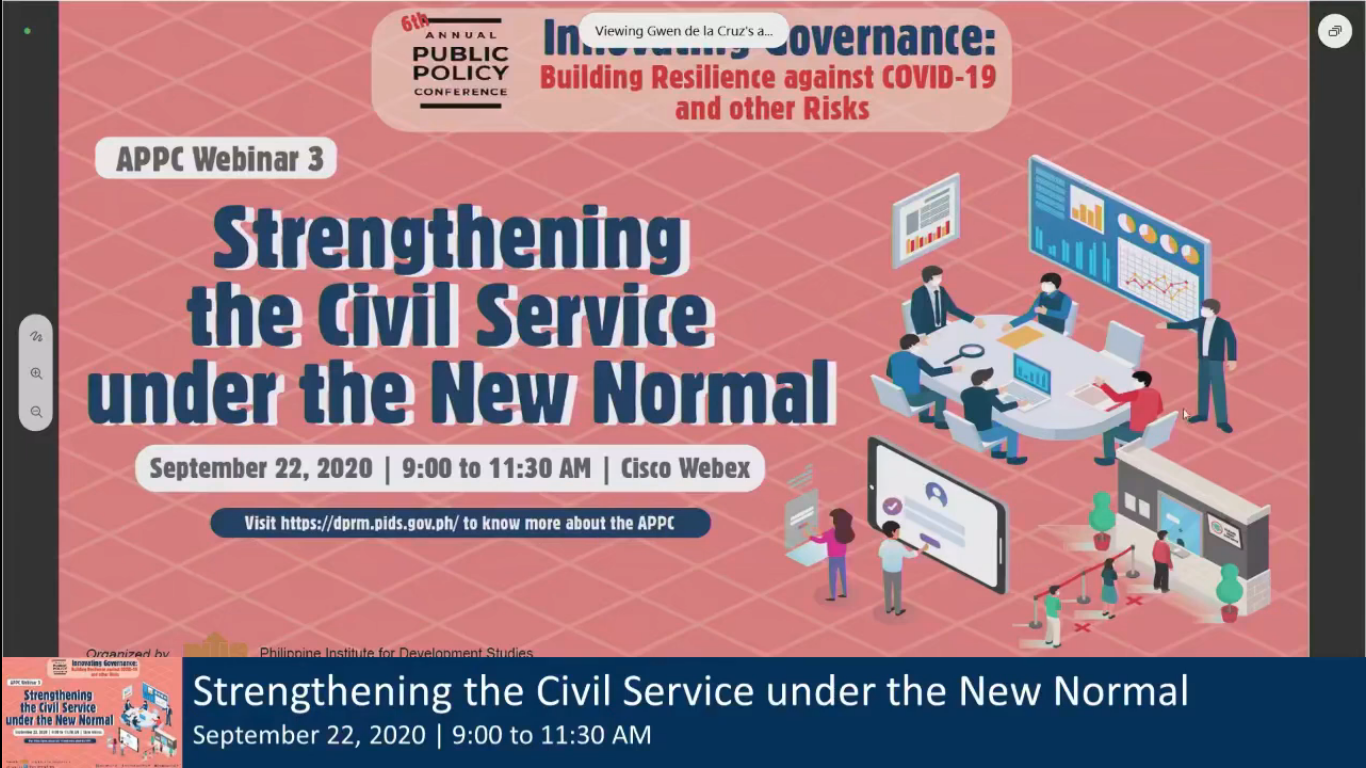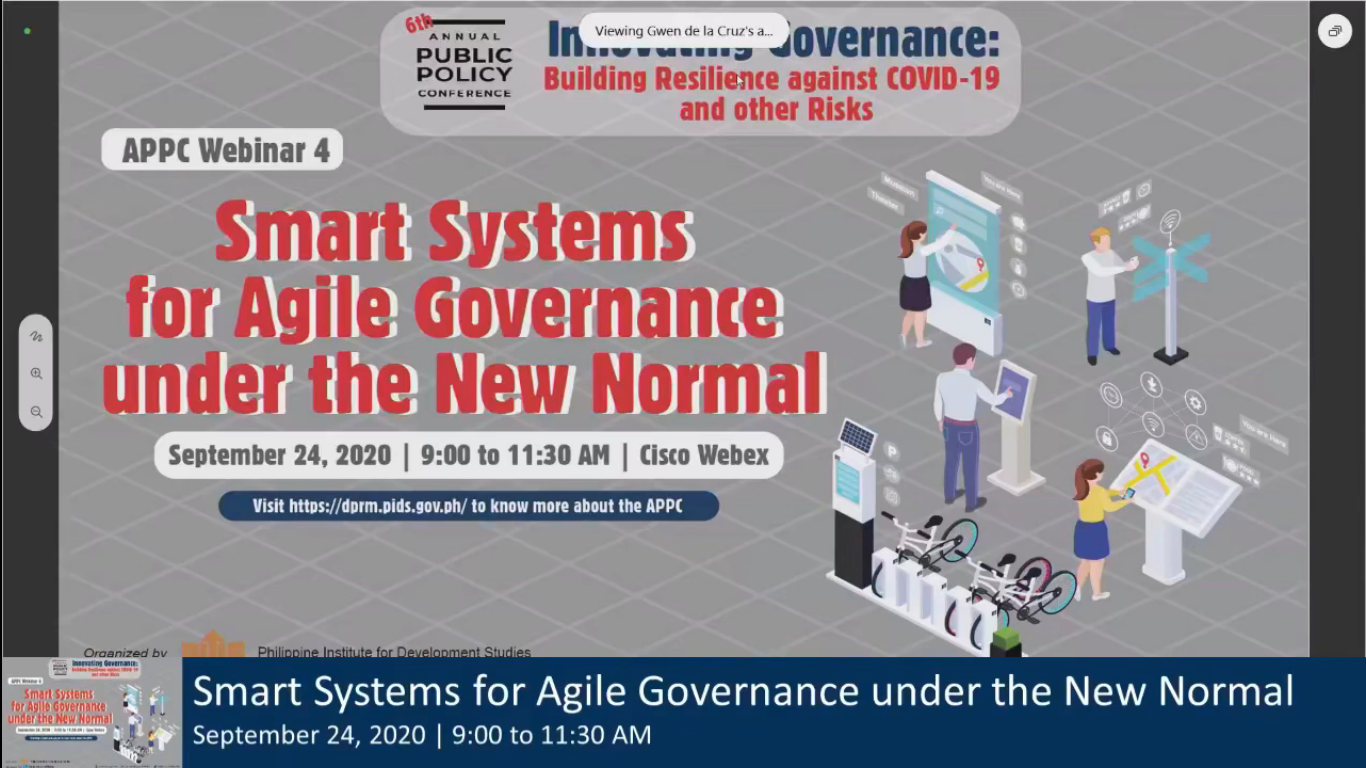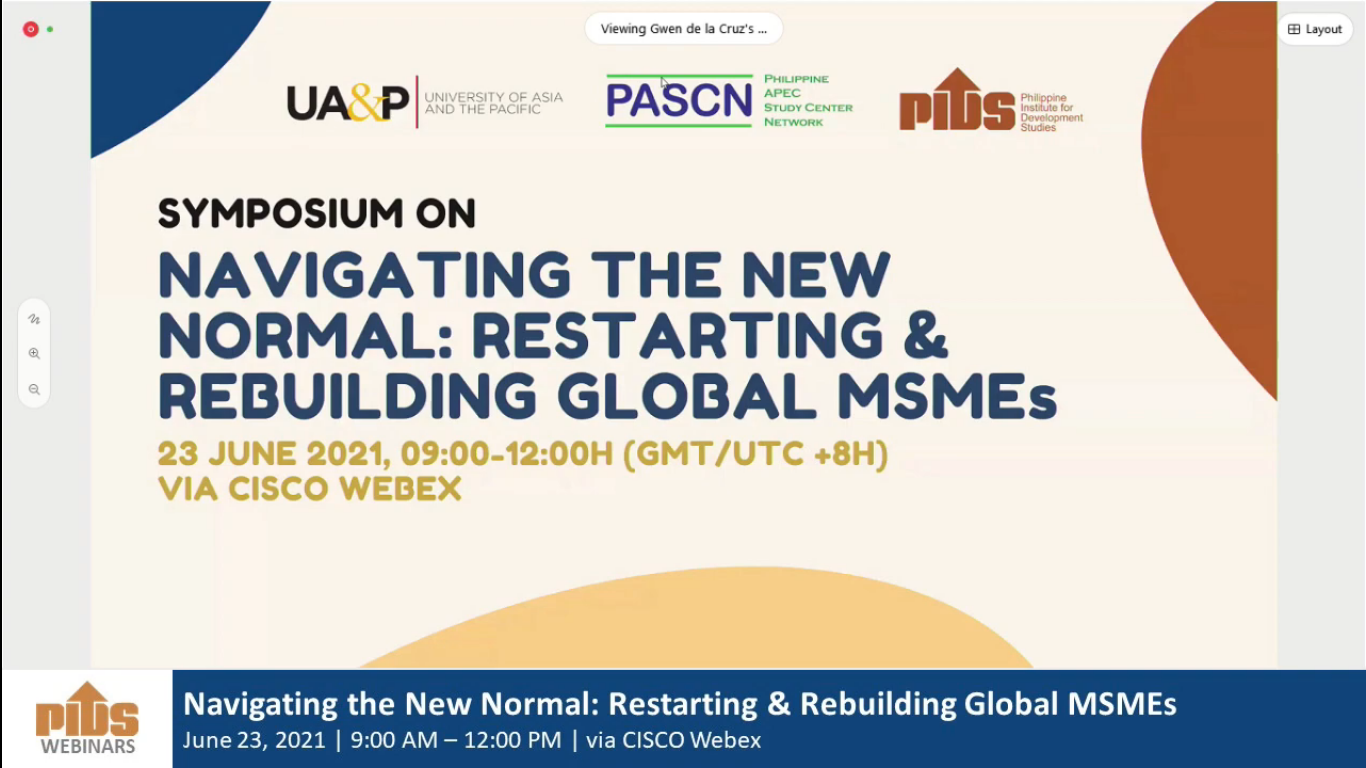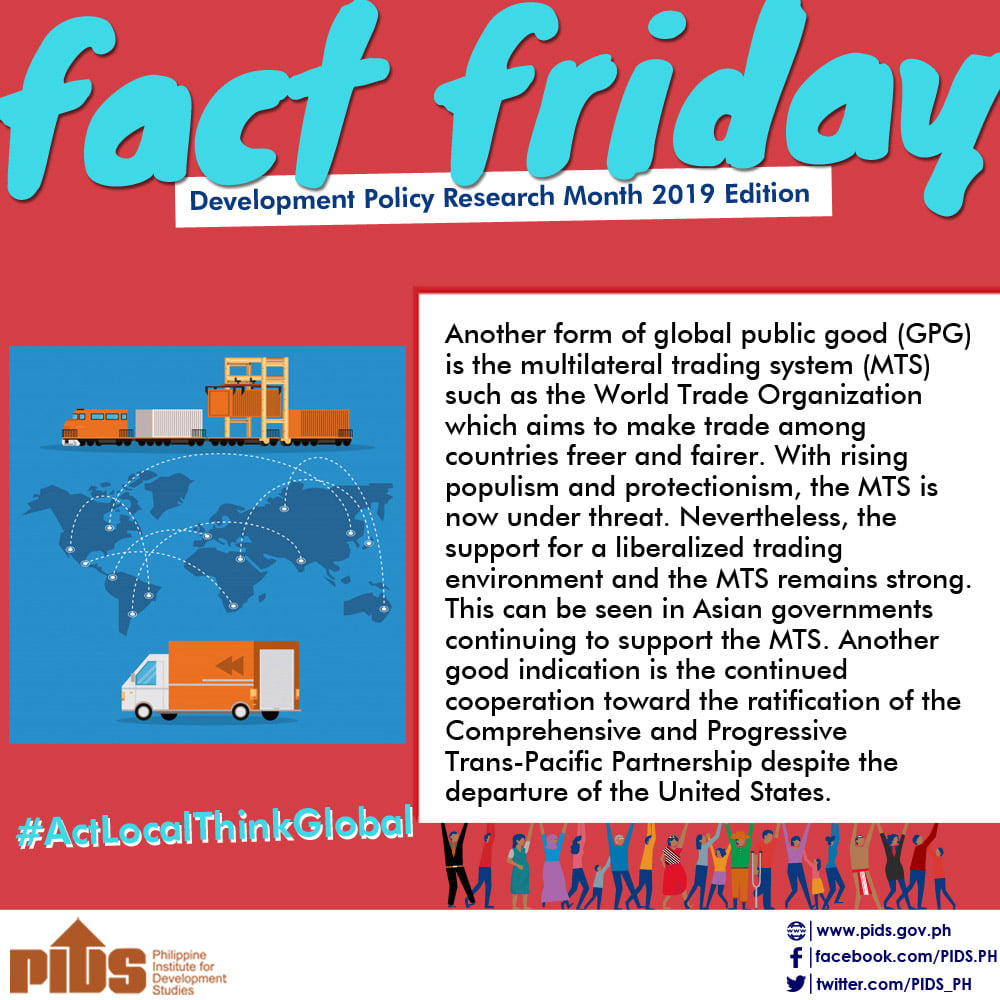The head of the newly formed Philippine Competition Commission (PCC) said they hope to use existing research, commission new research, and undertake its own data analysis to help inform of its decisions.
In her keynote speech at the workshop on competition and competition reforms in key sectors in the Philippines on March 2, Commissioner Stella A. Quimbo said PCC’s organizational structure will have an entire division dedicated to research, including data collection, banking, and analysis.
"Evidence-based decision-making is perhaps the best way to ensure that regulators are, in the long run, effective. Effective regulation entails making sound and fair decisions, without a hint of bias or capture,” Quimbo said.
"We envision that our work will not be informed merely by mere anecdotes, just-so stories, or hearsay. We will rule based on indicators, measurement, corroborated facts, and unwavering adherence to justice, fairness, and rule of law.”
PCC is a quasi-judicial body tasked to ensure an efficient market competition by providing a level playing field among businesses engaged in trade, industry, and all commercial economic activities; protect consumer welfare; and advance both domestic and international trade and economic development.
It is mandated to conduct inquiries, and investigate and penalize all forms of anticompetitive agreements, abuse of dominant position, and anticompetitive mergers and acquisitions.
Quimbo said the commission will begin to review specific industries only after a systematic scoping study has been done. This scoping study shall be the basis for any reviews that the PCC may undertake in the future. It shall adopt a sound methodology for identifying industries for further review as well as look into sources of market power that can be traced to government policies and regulations that have the unintended consequence of promoting anticompetitive behavior.
Quimbo highlighted the contributions of state think tank Philippine Institute for Development Studies (PIDS) to creating a favorable intellectual and political climate that is conducive to competition reform efforts through extensive stakeholder consultations and evidence-based research that the institute has continuously pursued.
The latest of these initiatives was the Competition Reforms in Key Markets for Enhancing Social and Economic Welfare (CREW) project, a partnership of PIDS, the New Delhi-based Consumer Unity and Trust International, and Action for Economic Reforms. Started in 2013, the CREW project looks at assessing the benefits of competition reforms on consumers and producers in the rice and bus transport sectors.
She also cited earlier studies of PIDS on competition policy and reforms such as the 2008 paper of Trade ASec. Rafaelita Aldaba that surveys market structure and anticompetitive practices in various industries. Another study is by PIDS Senior Research Fellow Erlinda Medalla released in 2002, which, Quimbo said, continues to be relevant and from which the Commission should derive inspiration as it draws its strategic plan.
"We hope that PIDS and other research institutions would continue generating high quality research that are either industry or sector specific or that would feed into the broader questions on how to craft a national competition policy,” she added.
The passage of the Philippine Competition Act of 2015 is the latest milestone in the long history of competition reform in the country. This law prohibits and penalizes anticompetitive agreements, abuse of dominant position, and anticompetitive mergers and acquisitions.
"While it took too long for this law to come to life, arguably, now is actually a good time to seriously implement such a law. With high gross domestic product growth rates in recent years, one way to ensure inclusivity of economic growth is by promoting the efficiency of markets through competition,” Quimbo said.
Quimbo said competition promotes further growth by promoting entrepreneurial spirit and encouraging private investment and innovations, and sufficiently low prices and high-quality goods for consumers.
"The spirit behind the law is not a narrow concept like increasing consumer surplus or ensuring that profits are not abnormally huge, but rather the broad idea of sustained economic growth and development, through a vibrant business sector with a broader base of ownership, whose benefits are shared by all, through job creation and ensured access to basic commodities,” she said.
PIDS President Gilberto Llanto, in his opening statement, also highlighted the importance of having robust competition laws and strong institution to enforce them in sustaining economic growth. He expressed hope that the results of the CREW project would be useful to policymakers, researchers, and other stakeholders in tackling competition issues, not only in rice and bus sectors, but also in other sectors such as retail trade, air transport, and banking and finance.//

